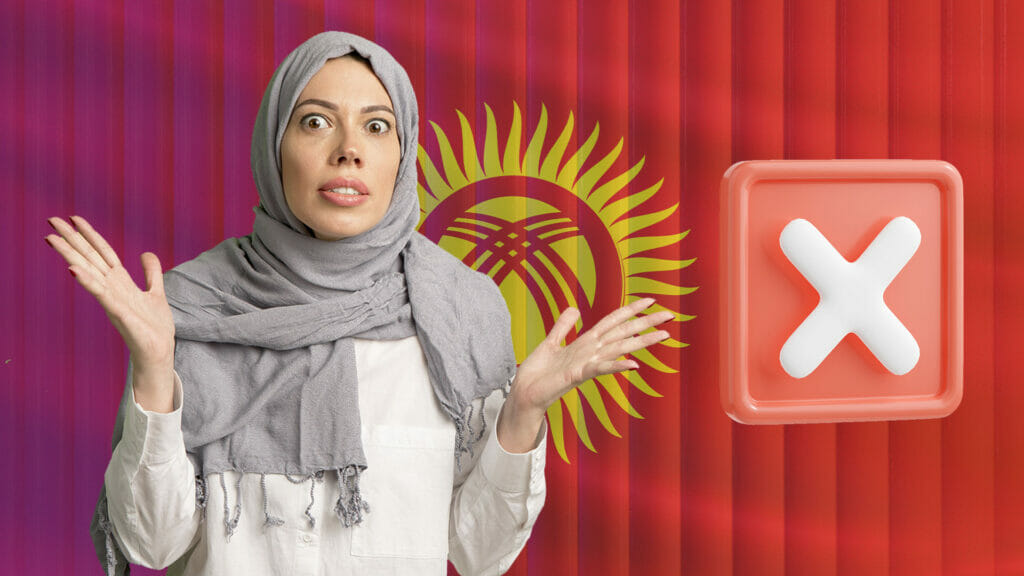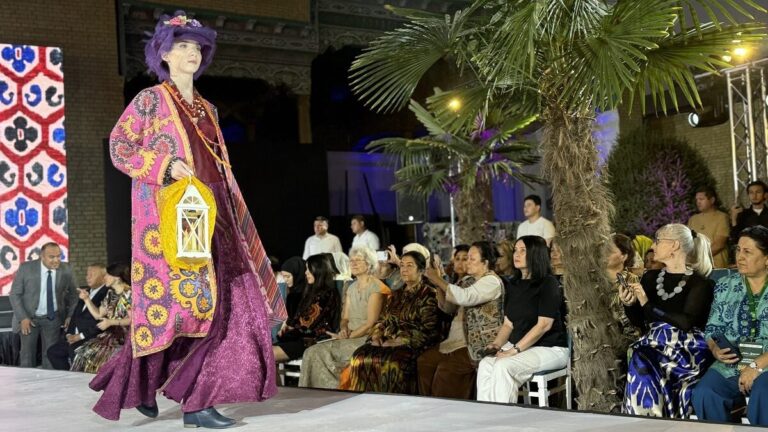
Sharapatkan Mazhitova, an MP of the Kyrgyzstani parliament, has suggested banning the burqa and niqab in public places, Vesti.kg reported.
What happened? During a meeting of the parliament, Mazhitova pointed out the rapid increase in radical religious movements in the country.
The MP cited the example of Uzbekistan, which has banned wearing the burqa and niqab, the garments that cover faces and prevent people from being identified quickly.
«In neighboring Uzbekistan, for example, people adhere to religion even more strongly, but their constitution states that Uzbekistan is a secular state. Therefore it is forbidden to wear a burqa in public places. And in schools, girls do not wear burqas. Their parliament has passed a law on this issue. This means that such legislation can be adopted, and this does not infringe on the rights of believers,» she noted.
Mazhitova highlighted that she is not against the headscarf in general, but she doesn’t want women to cover their faces.
«In Osh, every fourth woman wears a burqa and their number is growing every day. Therefore, I think the Cabinet of Ministers has to take measures at the state leve. Otherwise, tomorrow it will be too late. The government must take all necessary measures to ensure security within the state,» the MP concluded.
Earlier this year, the legislative (lower) house of Uzbekistan’s parliament adopted a bill banning the propaganda of polygamy and wearing clothes that cover the face in public places. The country has adopted these amendments to further increase measures aimed at maintaining public order in the country.
At the end of August, former Minister of Information and Social Development of Kazakhstan Darkhan Kydyrali commented on the ban on wearing hijabs in Kazakhstani schools. According to him, there is no consensus in the world on this issue, so «Kazakhstan follows the constitution.» The former minister underlined that the country respects the freedom of choice of religion.













